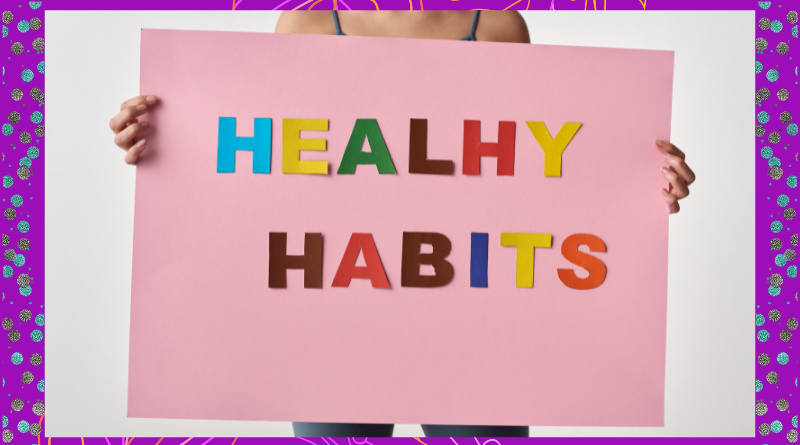Habits can be formed with or without our willingness. But the crux of habit is that it can be deliberately eliminated if it hinders your personal growth.
There is a non-conscious effort that guides our actions. The formation of habitual behaviour is through repetition. Thus, it becomes relatively automatic, such as brushing your teeth or driving a car. We develop countless habits as we grow old. They are deeply established, and it is more difficult to break the pattern of habits than to acquire them.
Habits are built through learning; we must repeat a particular behaviour and reinforce it, that’s how we pick up on a habit. An association of stimulus with a behavioural response that helps in pursuing the goal we wish to achieve leads to the development of habits.
Changing habits require courage and perseverance because we have repeated behaviour over and over again, it has become a part of our personality so when we try to alter them, it is hard to change as we have learned a pattern of behaviour that we hold onto, relentlessly. Say, that you drink coffee every morning, you have done that every day, every week for years, it has become so deep-rooted that you are not even asking yourself how do you do it? Or whether you need coffee this morning or not. It is automatic and hence it has become a habit.
It is hard to let go of old habits, but it is even harder to build new ones. But then again, good new habits can be learned with repetition and maintenance.
Sometimes we find ourselves in situations where we are not mindful about what we are doing and we end up in a dilemma of doing or not doing something, like, whether to eat a bar of chocolate while being on a diet or not? or lashing out on others even when you wanted to be patient and calm? Do you also find it familiar?
If yes, then you are under the influence of self-control as being able to force yourself into doing things you do not want to do. Although people may often be able to control themselves to attain long-term goals such as healthy living or maintaining satisfactory relationships, there are also many situations in which people are not able to exercise self-control. When we modify our perspective on self- control. it will help us to reclaim our sense of self worth and make us kinder to ourselves.
To change the dynamics of one’s habit requires putting oneself in situations which will help us grow and achieve the desired behaviour, intention to repeat the behaviour and also allocating a small reward to that behaviour so that the occurrence of it happening again increases automatically.
Although happiness and contentment are closer than you think, we often end up looking at outside sources for a positive change in our habits as well as lifestyle, for example: travelling to new places, getting a better paid job, buying a new car, a new house, a new partner and so on.
But if you are miserable now, you will be miserable even when you gain new gadgets or new experiences. Finding content right where you are is the best approach. Once you become happy in what you have, you will learn to find happiness as well as be able to create good habits.
I have found that it does not matter what type of activity you are doing, whether it be exercising, cleaning your room, or simply doing something you like; being one with your body and cleansing your mind, and doing things consciously will teach you to be in the moment. You don’t have to do ground-breaking things to lead a meaningful life. Just make sure you are watchful of what you do every moment. It sounds a little unrealistic but stopping for a few minutes of the day and enjoying being in the moment is something we all can do!
Read more:
What To Do About Changing The Past
Why You Should Opt Online Counselling And Therapy

